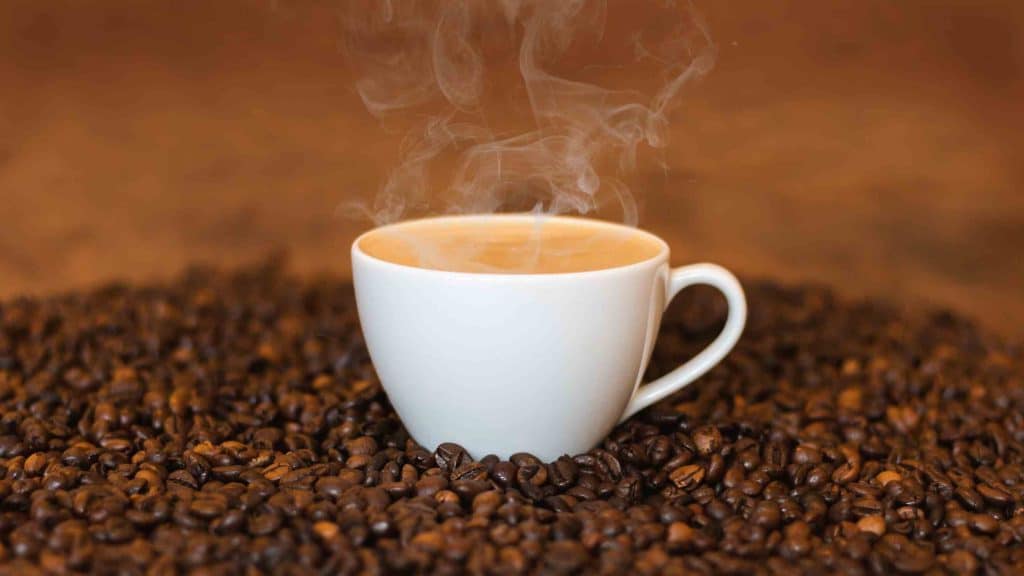
Instant Enzyme Coffee
A TikTok-famous weight reduction drink claims to use breast milk enzymes to aid in weight loss, but fails to specify that the enzymes are derived from breast milk.
The films have the classic style of a weight loss scheme that is too good to be true, with ladies in various degrees of undress. Someone appears to be combining instant coffee, hot water, and freshly squeezed lemon juice in a video clip. When we return to the woman, she has lost many inches from her waist, with the subtitles “34 days” or “95 days” indicating how swiftly the metamorphosis occurred.
Table of Contents
Toggle
An check of a TikTok account with more than 6,000 followers and approximately 540,000 total likes reveals a link to a website offering “Enzyme Coffee for Weight Loss,” which is not surprising. The coffee costs approximately $28 for a carton of seven packs and is shipped to Canada.
However, the most intriguing aspect is their explanation of how this coffee operates. In addition to the normal claims that a proprietary blend of vitamins and extracts will promote alertness, improve immunity, and raise metabolism, the coffee is also said to include breast milk-derived enzymes that aid in weight loss.
Although breast milk contains enzymes that aid in the digestion of fats and carbs, this website does not specify which enzyme or what it accomplishes. Nonetheless, they assert that the enzyme “encourages the oxidative breakdown of fatty acids within mitochondria.” According to these manufacturers, long chain fatty acids are prevented from entering the mitochondria and consequently cannot be broken down by the body.
This is not true.
Our bodies have an innate ability to digest fat and convert it to energy. This intricate process, known as the -oxidation cycle, breaks down lengthy fatty acid chains so that the body can utilise them to generate energy. Although the length of the fatty-acid chain affects the rate at which the molecule is broken down, the body has developed to be able to utilize a variety of fat molecules – no supplement is required.
Other enzymes contained in breast milk, such as amylase, which breaks down carbohydrates, lipase, which breaks down fat, and protease, which breaks down proteins, aid newborns’ metabolisms in various ways. All of these enzymes are created naturally by the human body, therefore supplements are generally unnecessary for adults unless a doctor has found a deficiency.
If infants consume it, should you? Breast milk as a dietary supplement — or shock marketing strategy — is hardly a novel concept. Lady Gaga infamously threatened to sue a London ice cream store in 2015 for branding their breast-milk ice cream “Baby Gaga.” In one episode of the Netflix documentary series (Un)Well, bodybuilders claimed that breast milk was the secret to their incredible gains.
There are several nutrients, enzymes, and other substances in breast milk that support a baby’s immune system and digestive system until their bodies are mature enough to manufacture them on their own. It has been determined that one tenth of a liter of breast milk contains between 0.9 and 1.2 grams of protein, 3.2 to 3.6 grams of fat, and 6.7 to 7.8 grams of lactose — not bad for nature’s protein drink.
Although some physicians are receptive to the idea that drinking human breast milk may provide an immunological boost for individuals who can tolerate it, unpasteurized, unregulated breast milk is hazardous to eat. Health Canada cautions that breast milk may contain HIV and other infectious infections, as well as traces of pharmaceuticals and over-the-counter drugs. The health of the donor determines the quality of the breast milk.
Collecting, storing, and transporting breast milk can potentially be hazardous. More than a quarter of breast milk samples purchased online by researchers were contaminated with bacteria or viruses, according to a study.





